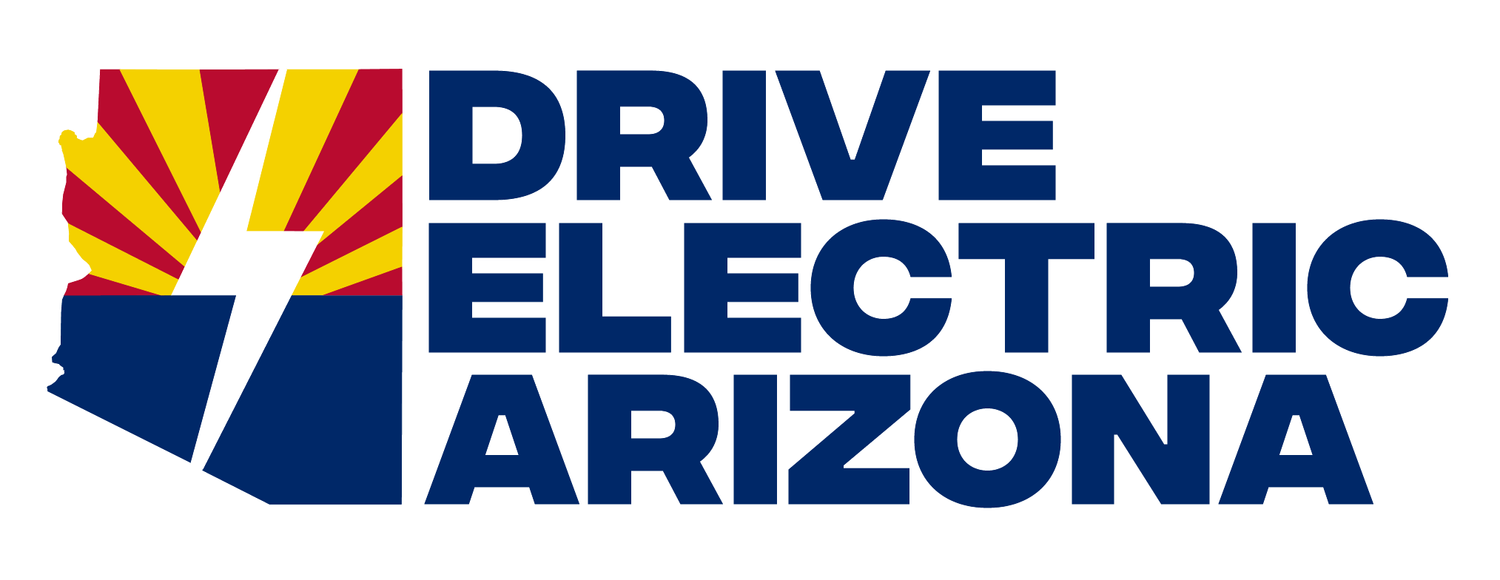Faster: Easier to Build, Ready to Scale
Electric vehicles aren’t just faster on the road — they’re also faster to manufacture and scale. Traditional gasoline and diesel cars rely on engines and transmissions with hundreds of precision parts: pistons, valves, spark plugs, injectors, exhaust systems, belts, and pumps. Each requires specialized supply chains, complex machining, and frequent maintenance.
By comparison, EV drivetrains are simpler. An electric motor has just a handful of moving parts, and paired with a battery and inverter, it replaces the entire complexity of an internal combustion engine and transmission. Fewer parts mean shorter assembly times, easier standardization, and lower long-term production costs as volumes increase.
This simplicity makes EVs uniquely suited to rapid global scaling. Automakers can bring new models to market more quickly, startups can enter the industry with lower barriers, and entire economies can transition faster toward clean mobility. Just as importantly, EV manufacturing aligns with the growth of battery gigafactories and renewable energy infrastructure, creating a reinforcing cycle of innovation and cost reduction.
The bottom line: With fewer moving parts and simpler assembly, EVs are not only cheaper and easier to maintain — they’re also faster for manufacturers to build and scale, accelerating the global shift to cleaner transportation.
